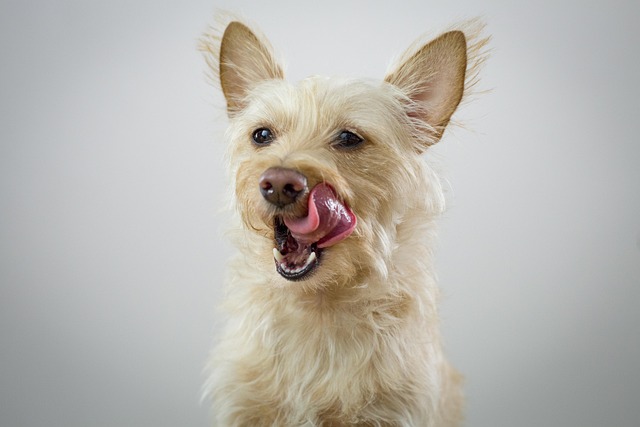
What is glaucoma in a dog?
You might notice your dog squinting more at mealtime or avoiding bright sunlight—these small changes could be early signs of a serious eye condition.
Coming home to find your 6-month-old German Shepherd, Max, nosing a half-eaten chocolate bar under the coffee table is every new owner’s nightmare. These intelligent, energetic dogs are natural scavengers—so knowing what’s off-limits isn’t just helpful; it’s life-saving. For U.S. German Shepherd owners, some common human foods can trigger severe illness or even death in their pups, and their large size means even small amounts of certain toxins can cause big problems.
The science behind forbidden foods boils down to what GSDs’ bodies can’t process. Chocolate (especially dark or unsweetened) contains theobromine, a stimulant dogs metabolize 10 times slower than humans—just 2 ounces of dark chocolate can cause vomiting, rapid heart rate, or seizures in a 70lb GSD. Grapes and raisins have an unknown toxin that attacks kidney cells; even a handful can lead to kidney failure within 48 hours. Onions, garlic, and chives have thiosulfate, which destroys red blood cells, causing anemia (symptoms like weakness or pale gums). Xylitol—a sugar substitute in gum, candy, or peanut butter—triggers a dangerous insulin spike, leading to hypoglycemia (low blood sugar) in minutes. Unlike some small breeds, GSDs’ active metabolism means toxic reactions can set in fast, so prevention is key.

To keep your GSD safe, start with these steps: Avoid these non-negotiables: chocolate, grapes/raisins, onions/garlic, xylitol, avocado (persin toxin), alcohol, and caffeine. Store human food in closed cabinets or the fridge—GSDs are excellent jumpers, so keep counters clear of snacks. Train the “leave it” command using positive reinforcement: Hold a treat in one hand, say “leave it,” and reward with a different treat when they ignore the first. If your GSD eats something toxic, call your vet or ASPCA Poison Control (888-426-4435) immediately—don’t induce vomiting unless told to. My neighbor’s GSD, Luna, once ate xylitol gum from a purse; quick vet care (IV fluids) saved her, but it’s a costly lesson.
For apartment living, use baby gates to block kitchen access—GSDs thrive on routine, so boundaries help them resist scavenging. When walking, keep them on a 6-foot leash (to avoid trash can raids) and carry extra poop bags—cities like Houston fine $200 for leaving messes. Schedule regular vet check-ups to discuss diet; while there, confirm their rabies vaccine is up to date (required nationwide). Culturally, U.S. animal welfare standards reject punishment—never scold or hit your GSD if they sneak food; instead, redirect to a safe chew toy and praise compliance. Avoid “people food” treats entirely—stick to vet-approved snacks like carrot sticks or freeze-dried liver.
German Shepherds’ loyalty and curiosity make them wonderful companions, but their scavenging instincts demand vigilance. By knowing what to keep off their plate, training gently, and staying prepared, you’ll keep your pup healthy for years to come.

You might notice your dog squinting more at mealtime or avoiding bright sunlight—these small changes could be early signs of a serious eye condition.

Let’s set the scene: It’s a sweltering Phoenix afternoon—105°F outside—and you rushed your 2-year-old Lab mix, Cooper, on a quick walk to “get it over with.”

Let’s get real: You’re in your Miami apartment, watching your 3-year-old Corgi, Loki, struggle to climb the stairs to your second-floor unit.

Many dog owners brush off occasional scratching as just “dog behavior,” but persistent itching often signals something more—like a food allergy.

You might first notice your dog scratching more than usual—chewing at their paws until the fur looks thin, or rubbing their face against the couch nonstop.

Let’s be real: You’re standing in your Chicago apartment, watching your 3-year-old Beagle, Max, huff and puff just to climb onto the couch.